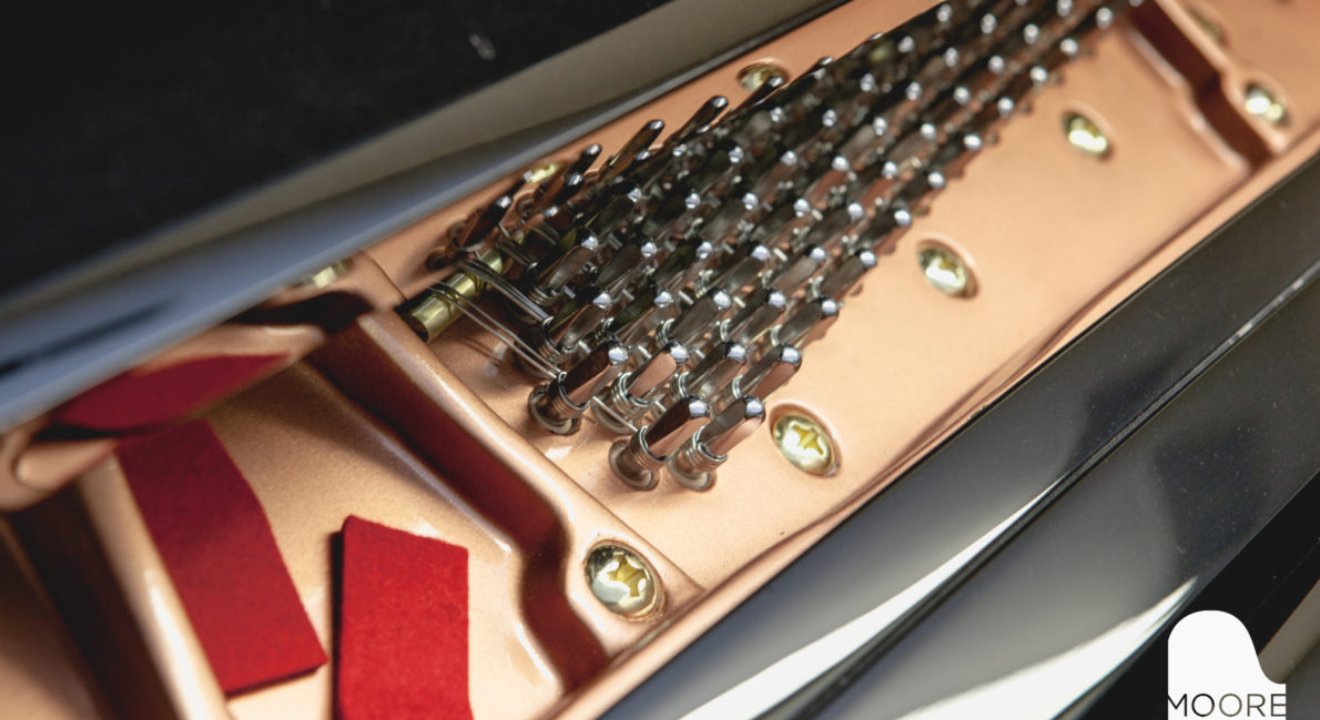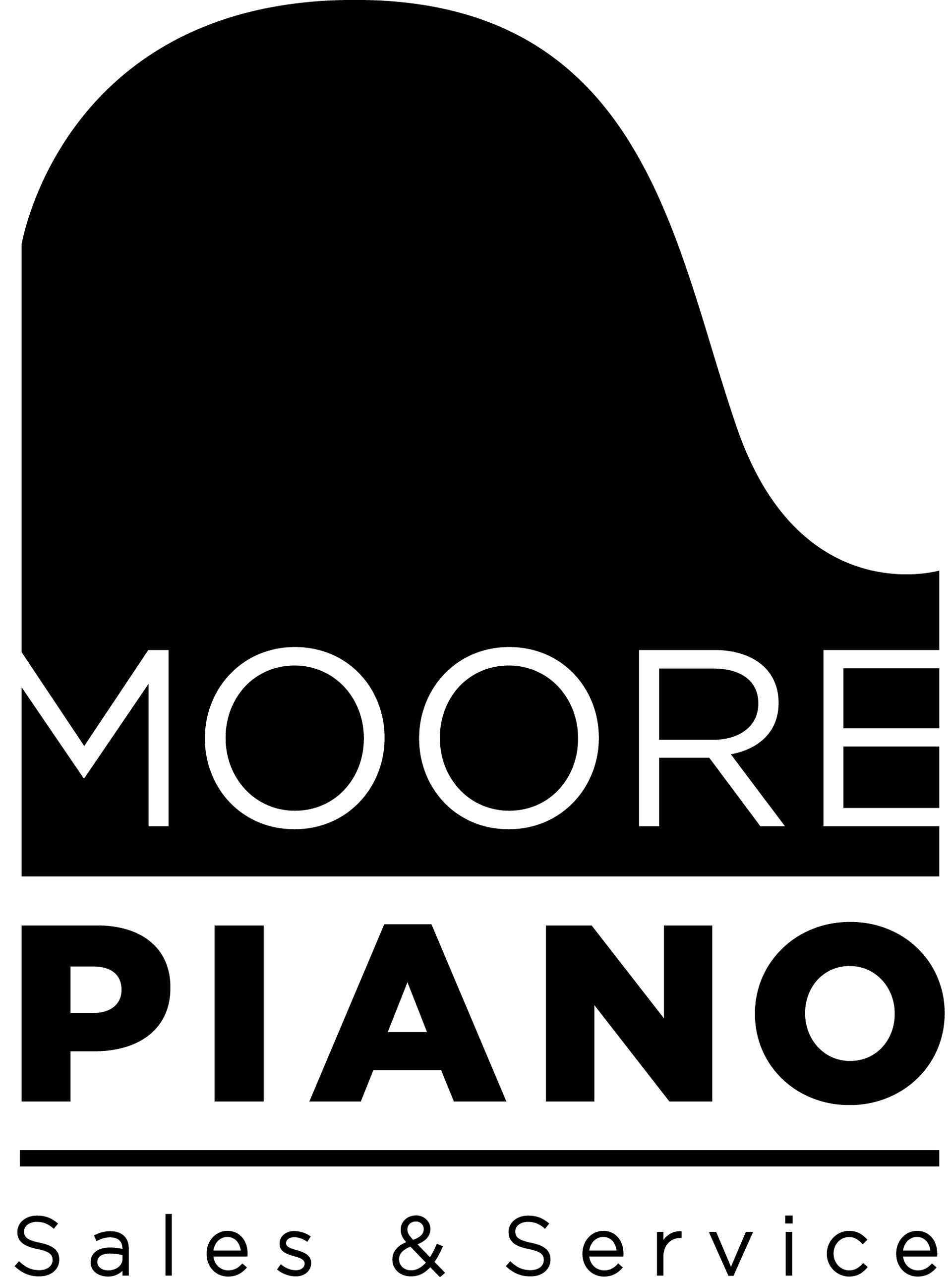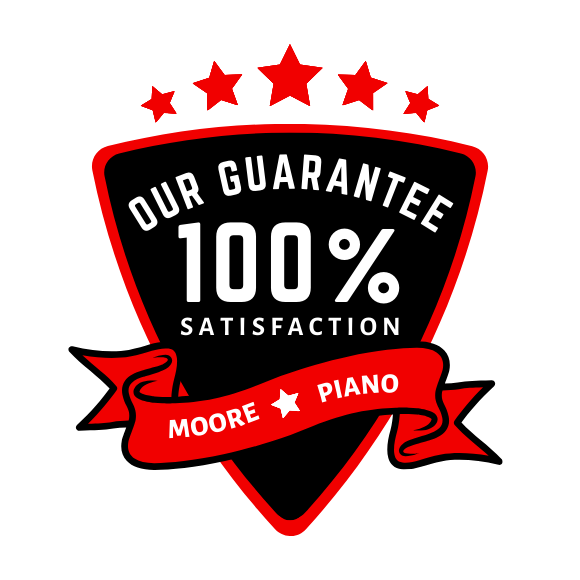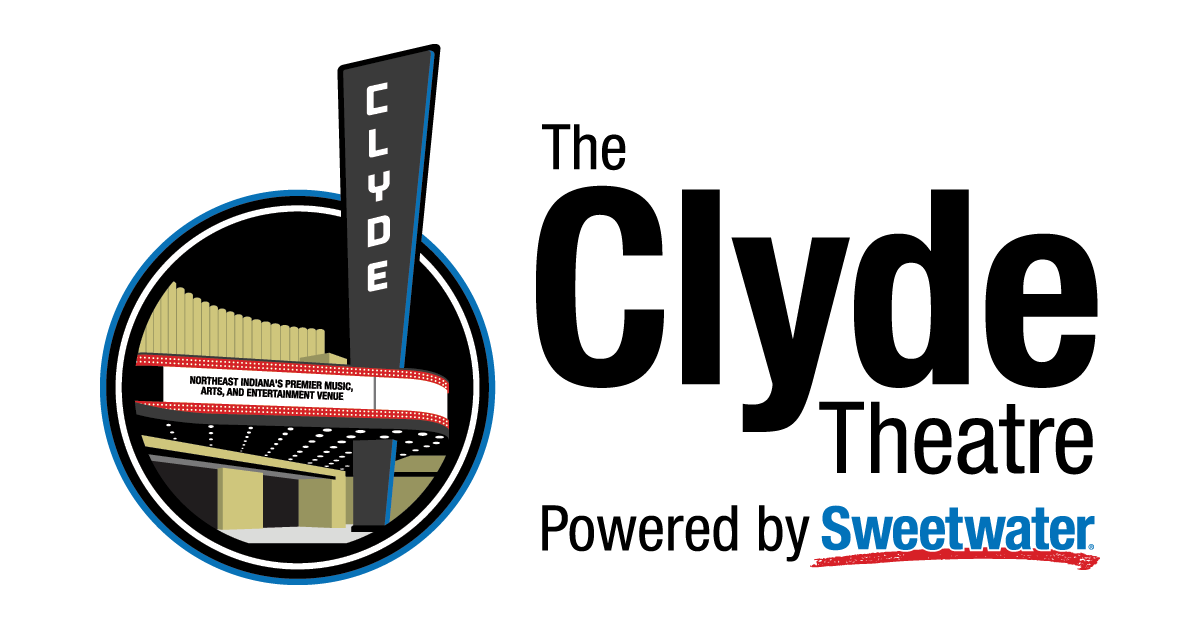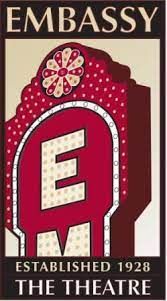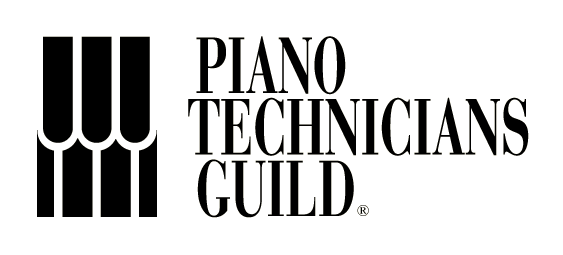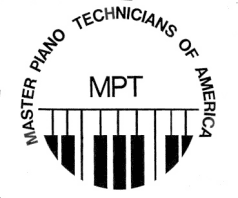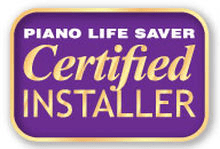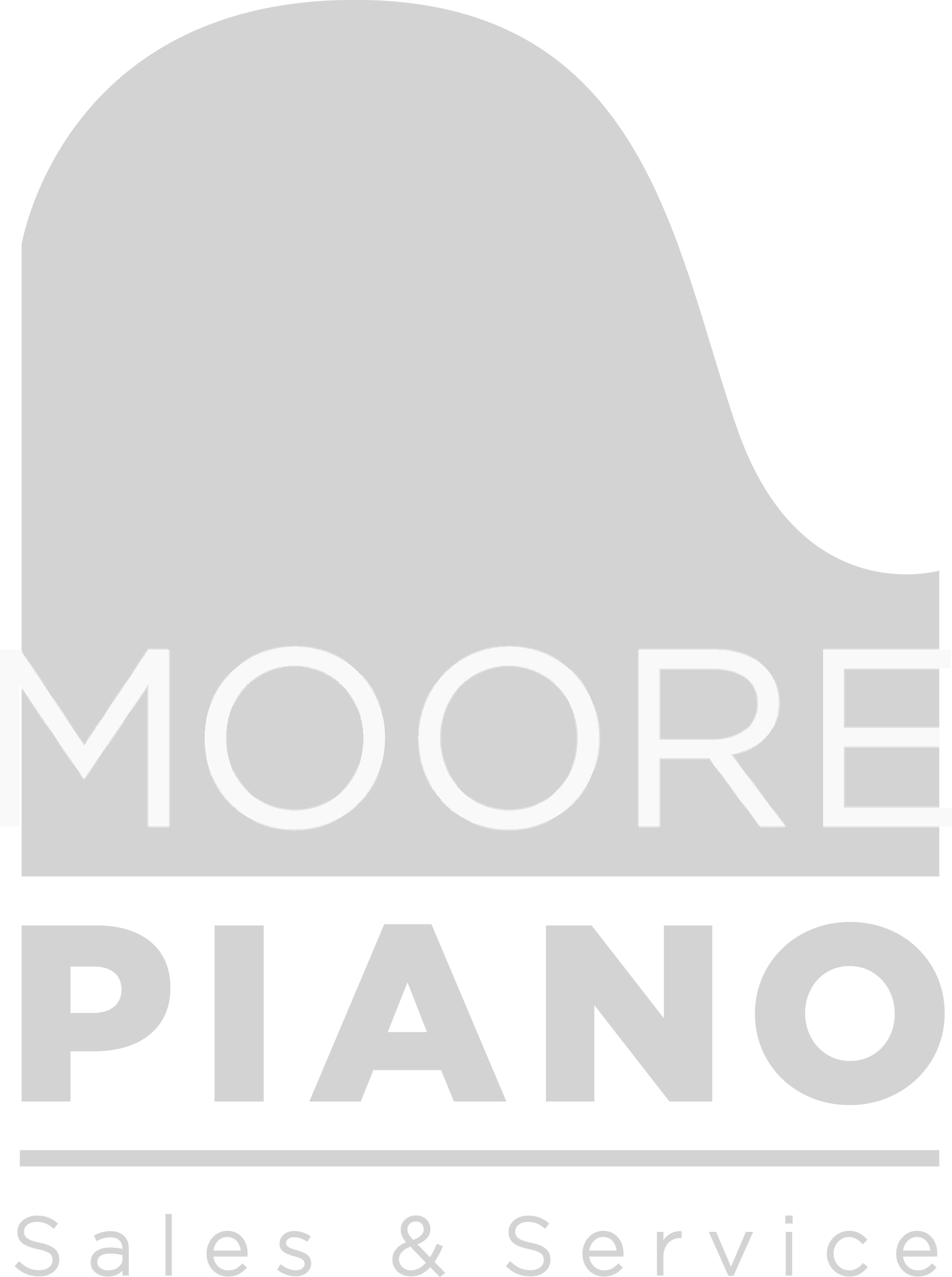What Are People Saying About Hailun Pianos?
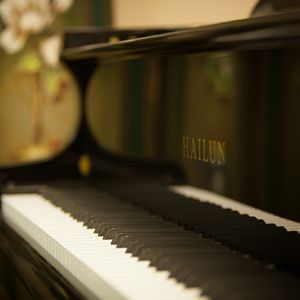 In our post last month, “Hailun Pianos Rack Up Awards”
we discussed the many awards Hailun has been receiving. Awards are wonderful and can be an indication of a good product, but we wanted to delve deeper and find out what the average consumer is saying about Hailun pianos.
In our post last month, “Hailun Pianos Rack Up Awards”
we discussed the many awards Hailun has been receiving. Awards are wonderful and can be an indication of a good product, but we wanted to delve deeper and find out what the average consumer is saying about Hailun pianos.
The following are real Hailun piano reviews by people who have purchased these pianos.
Hailun Piano Review #1: Impressed
This first review is from a buyer in St. Paul, Minnesota , who was impressed by not only the price of the Hailun piano but by the craftsmanship and sound. See what he has to say about his Hailun piano experience:
The Hailun piano, on the other hand, is a high-end Chinese piano, offered at a very good price. It is more expensive than the ridiculously low-priced Falcone, but it sounds better and is much higher quality.
On pricing where he was shopping in St. Paul: “Suffice it to say that you could buy 2 or 3 new Hailun pianos for the price of a Japanese made piano.
Now, I am not a musician, and I am not a piano technician, but I have learned a lot about pianos recently, and I know a little something about manufacturing and quality. I was thoroughly impressed… by the hammers made of wood (not ABS like some Japanese models) but they were so meticulously and consistently constructed that they looked like they were molded.
‘Mechanical perfection’ is the most apt description, as I couldn’t identify a single flaw. The touch weight, as judged by my admittedly uncalibrated fingers, was even and just right–not too heavy, and not too light.
The sound of the piano is very good, too, though I am not such a connoisseur that I could fairly compare it without having its competitors’ side by side. In general, I prefer the sound of a Boston or Steinway over a Kawai or a Yamaha, but that’s just me. I guess that the Hailun is closer and brighter than a Boston, but not as bright as a Yamaha or Kawai, but I am a layman, so let your ears be the judge.
Hailun Piano Review #2: Sound is On Par
This reviewer from Piano World Forums speaks of the sound of the Hailun piano versus the more commonly bought European models or the Japanese models. As a side note at the end, he talks about the longevity as an unknown because Hailun has not been out on the market very long.
When you talk about European companies who have had pianos on the market for hundreds of years and some of them still around today– that is the longevity standards newer companies can’t hope to compete with. This makes it a “risk” because you don’t know if your piano is a purchase that will last 100 years. Not all buyers are likely worried about that.
I would describe the basic tone character of the grands and uprights I tried as ‘bright’ and clear, with an emphasis on the fundamental. The bass is also strong and “growly”, especially on the grands. While bright, there is, to me, a clear attempt to imitate a more singing “European” tone, with longer sustain, as opposed to the brightness one tends to associate with Yamahas. That said, it’s not quite up on par with the better German makes. For example, the treble, while sparkling and clear, lacks the richness one would hear in an Ibach, or for that matter, a Sauter.
The one big unknown here is longevity, given that these pianos have not been in out in the market long enough. But for the price, I think the risk one is taking should be fairly minimal.
Hailun Piano Review #3: Best Piano Out of China
John Ebata is seen in this YouTube video speaking about his experiences playing the Hailun piano. From five feet to full concert grands, he has nothing but positive words to say about the tone. John explains there is great action, range of tone and sustainment (or how long the tone lasts after it is played) even when playing in pianissimo. The tone changes as you play the piano differently.
Similar to European pianos that are five or even ten times the price, Hailun offers a warm tone to its audiences and players. The pianos have a 90 guarantee so that if you buy a Hailun piano and it does not work for your home or space you are using it for, they will exchange it for a model that will. They also have a 10-year warranty for parts and labor, beating out many competitors on the market.
Hailun Piano Reviews: What do they have in common?
All of the reviews for the Hailun pianos mention the value. They are priced low for the quality of piano and sound that you receive. The only drawback is that the longevity of the piano is not proven, so there is no way to know if your purchase of a Hailun will last generations, as a purchase of an older brand likely would. However, this does not seem to be reason enough not to buy a Hailun for many reviewers.
If you’d like to compare Hailun pianos to others on the market, make an appointment to stop by our shop and demo some of our in-stock pianos, including popular models from Hailun.
The post What Are People Saying About Hailun Pianos? appeared first on Moore Piano.
The Unmatched Piano Blog
